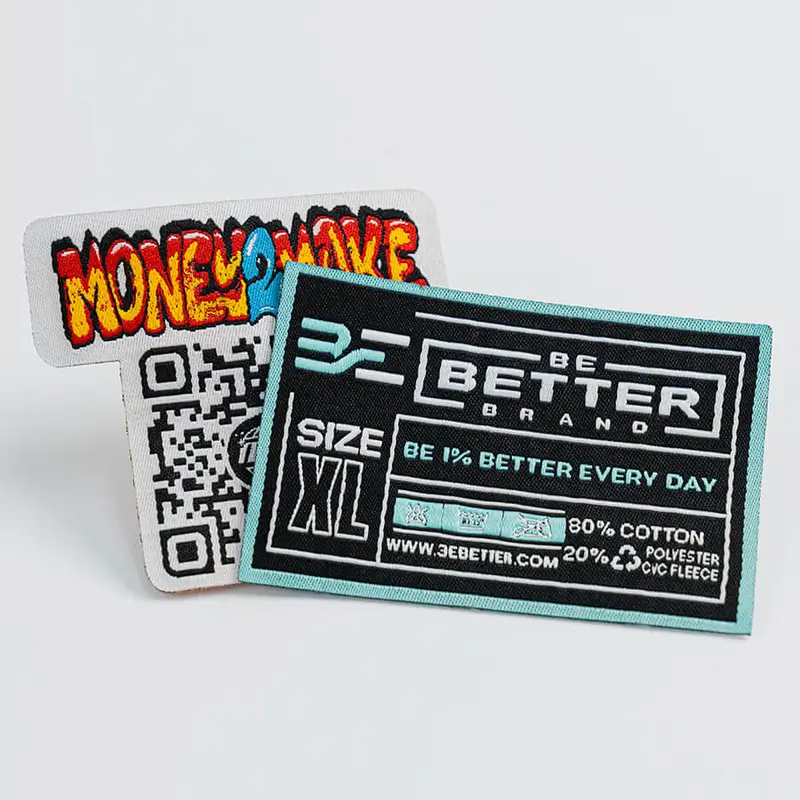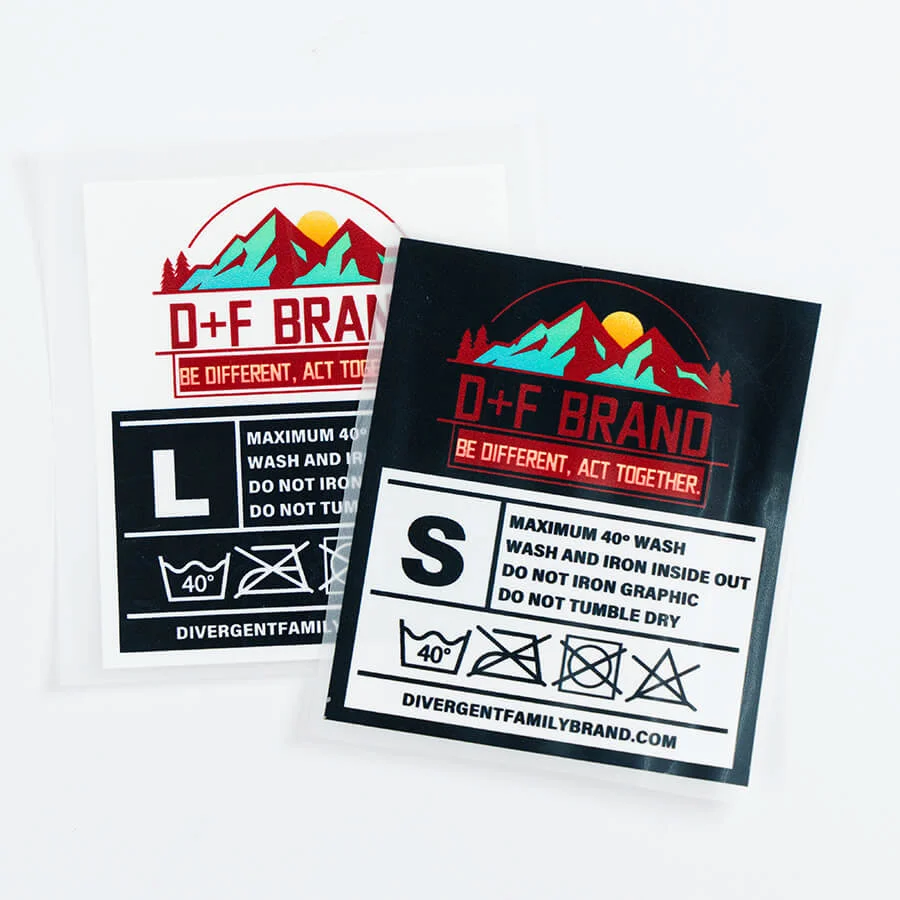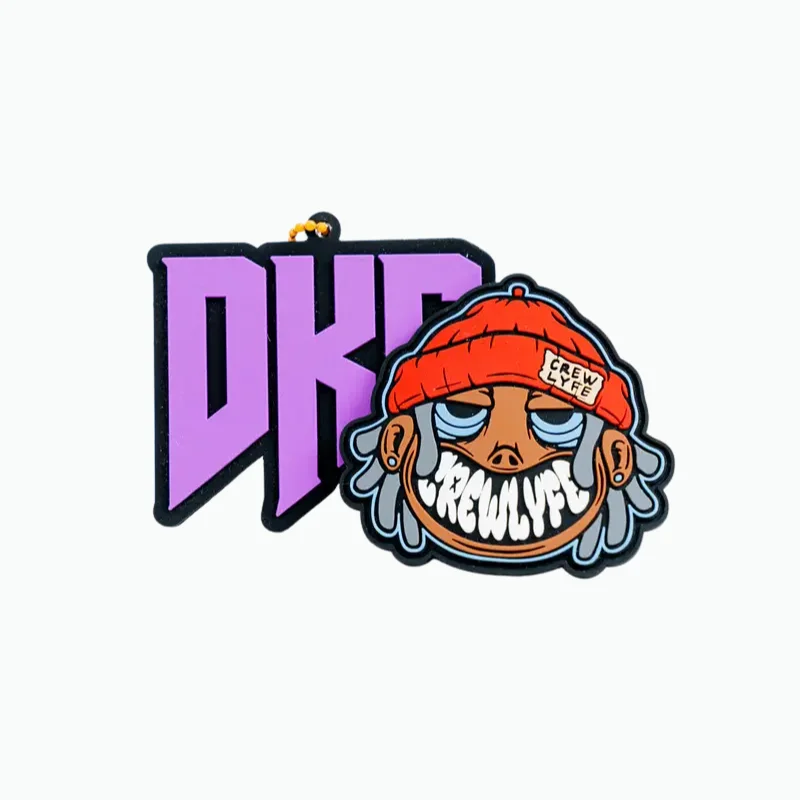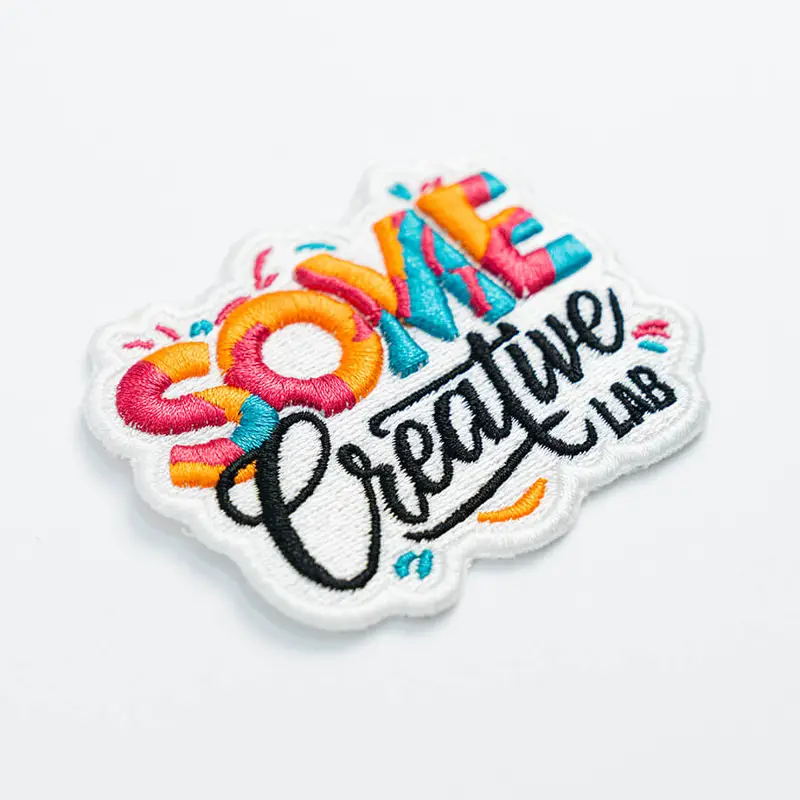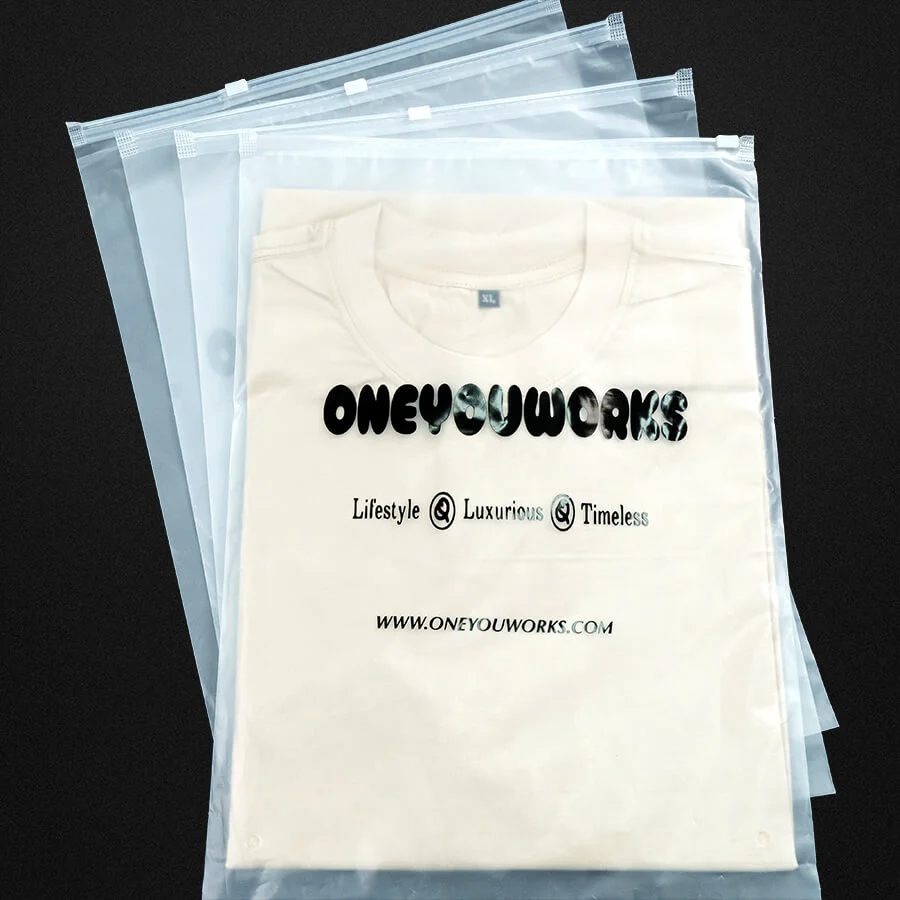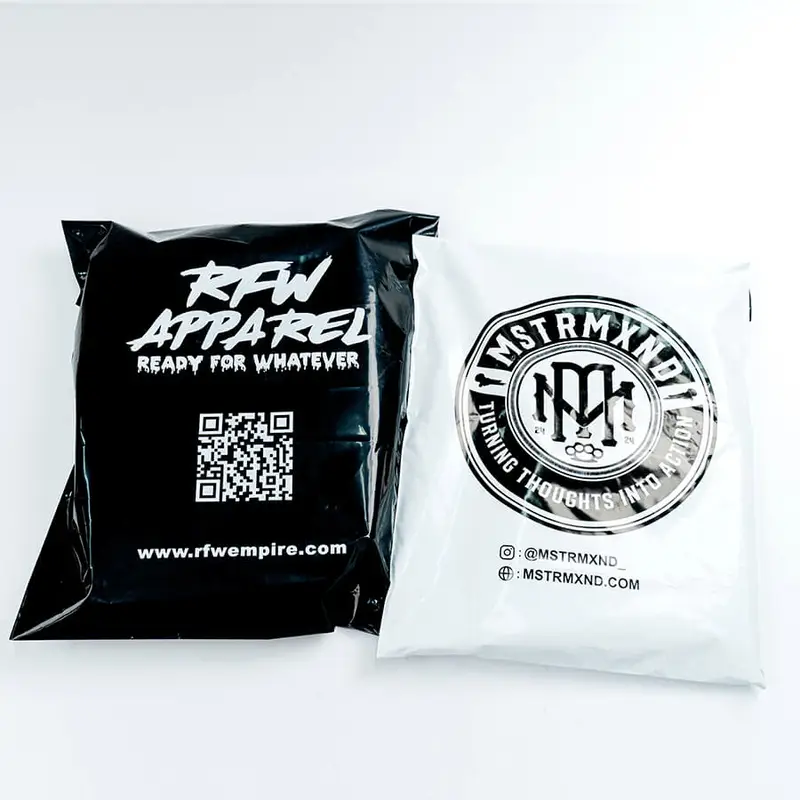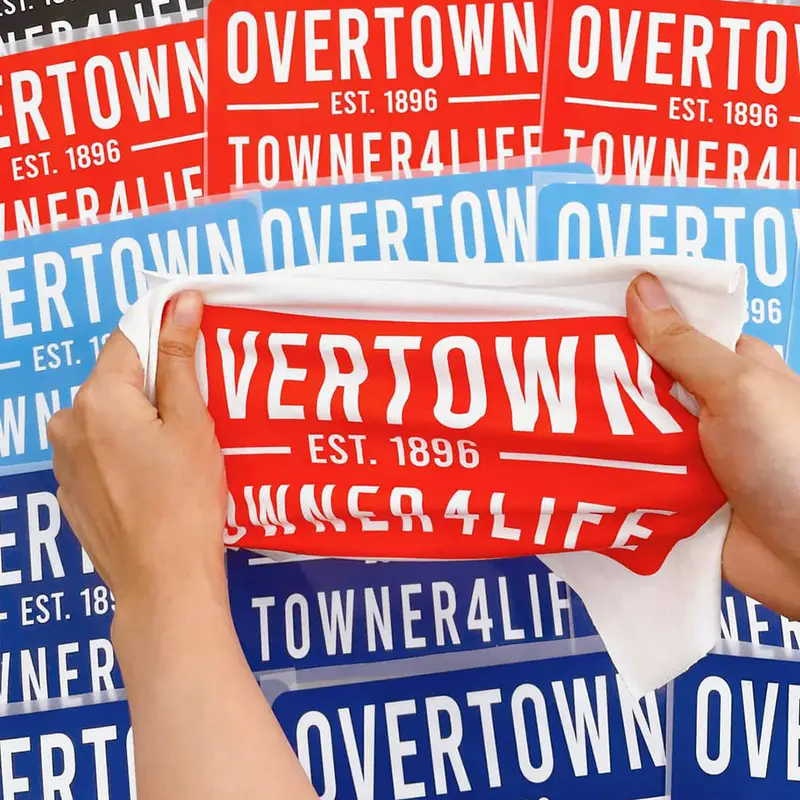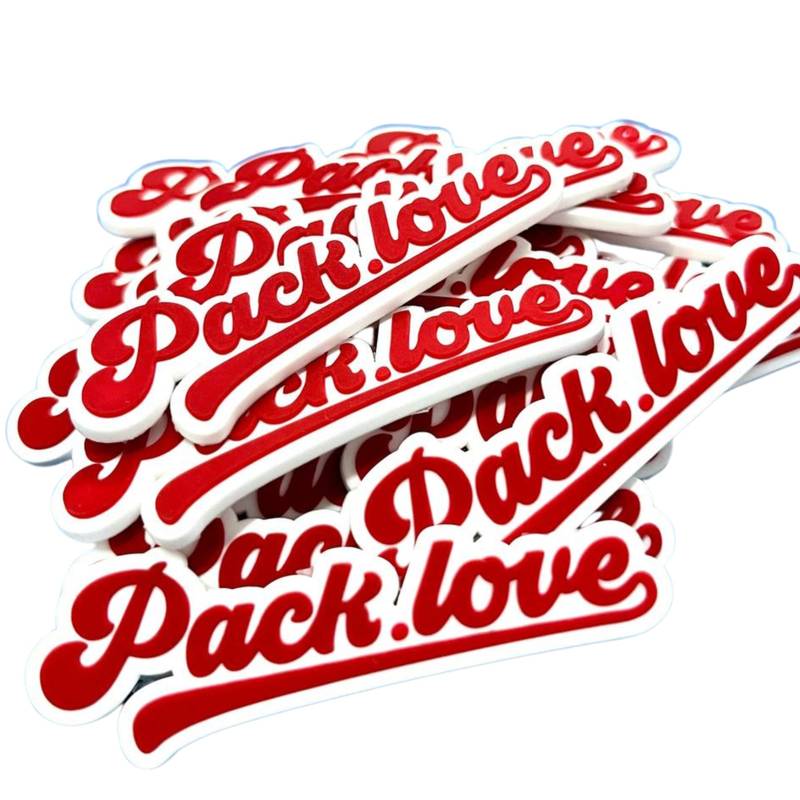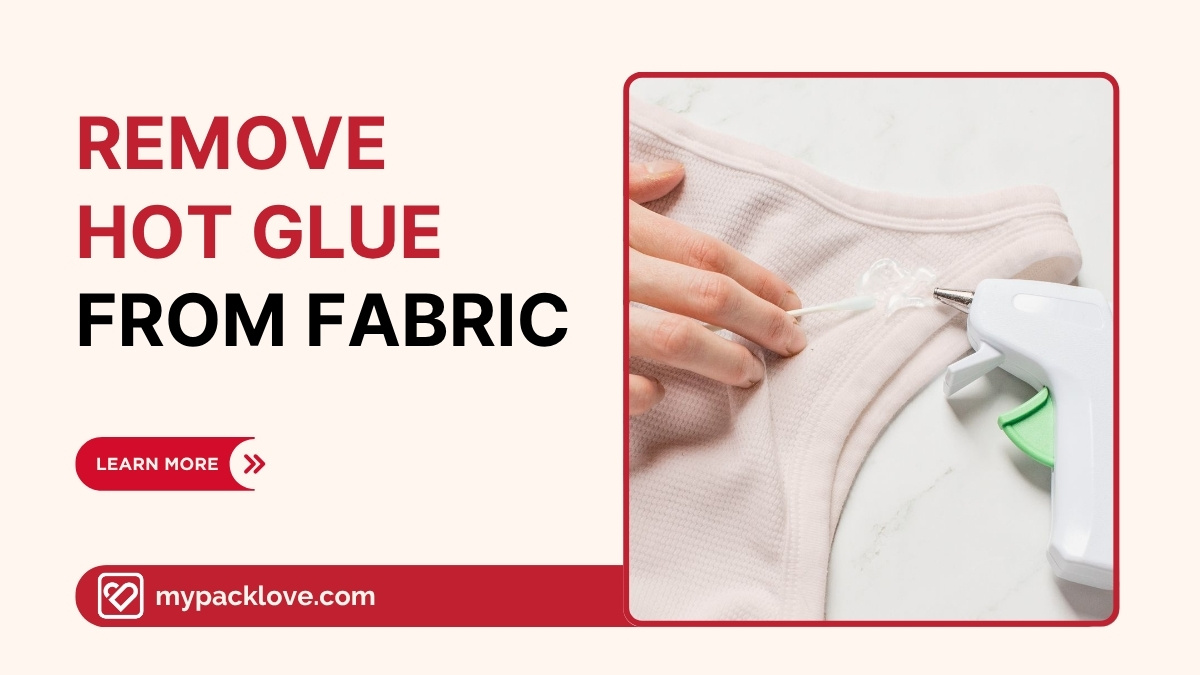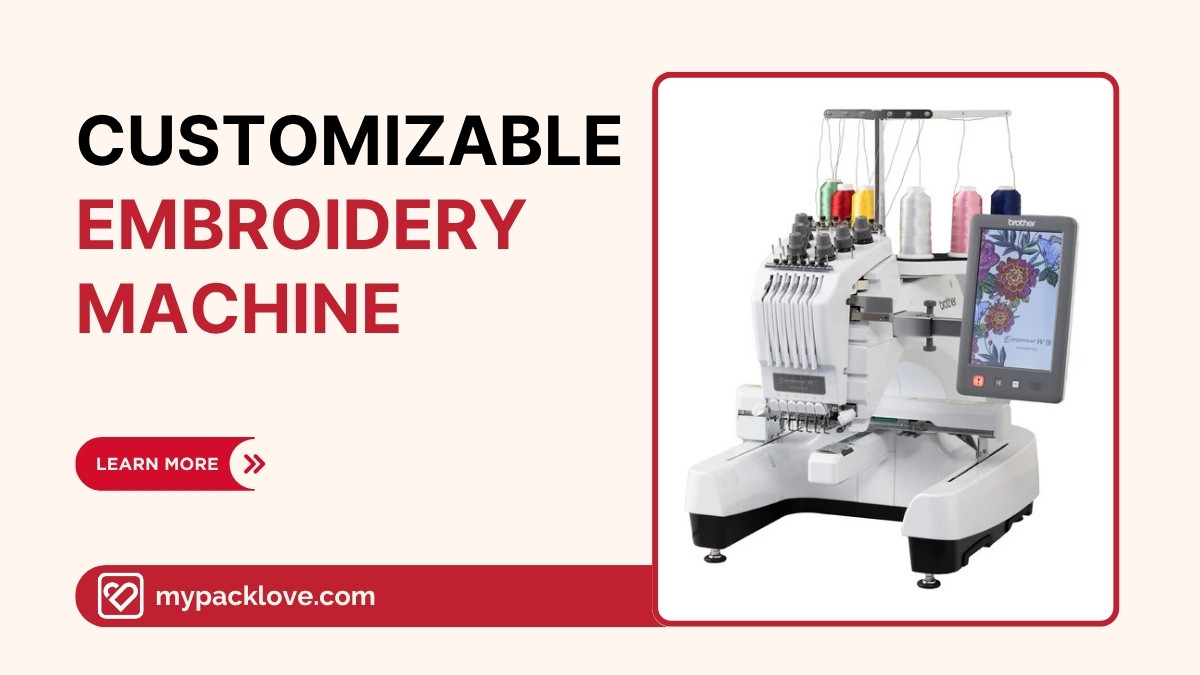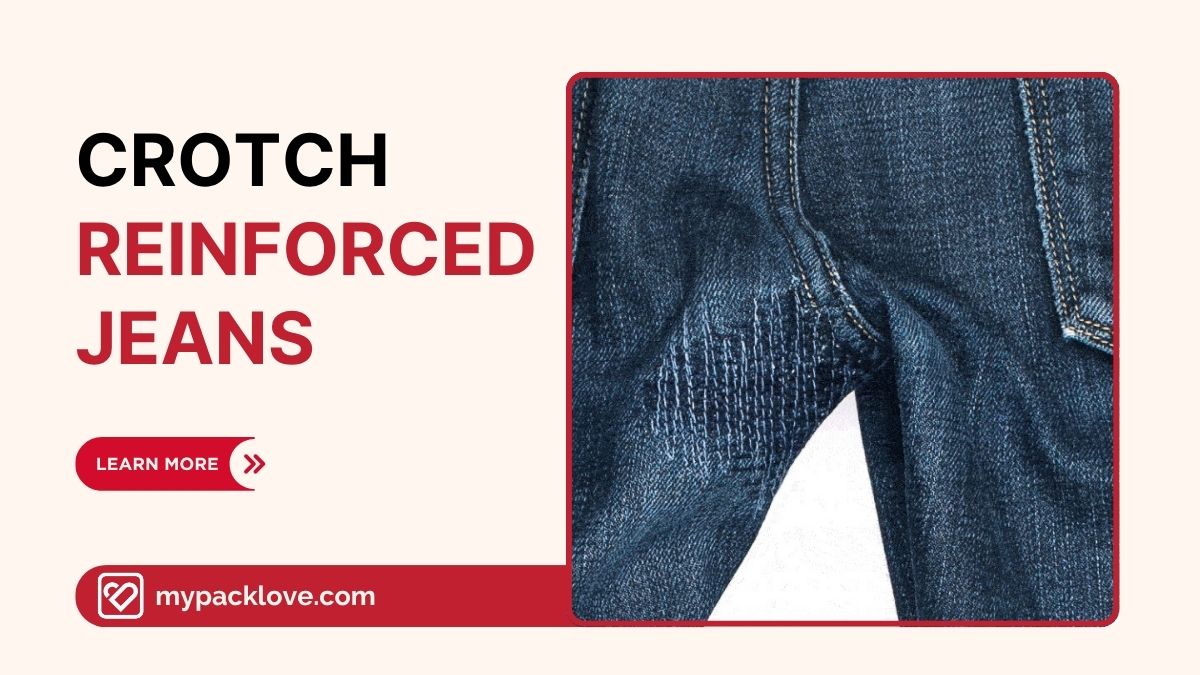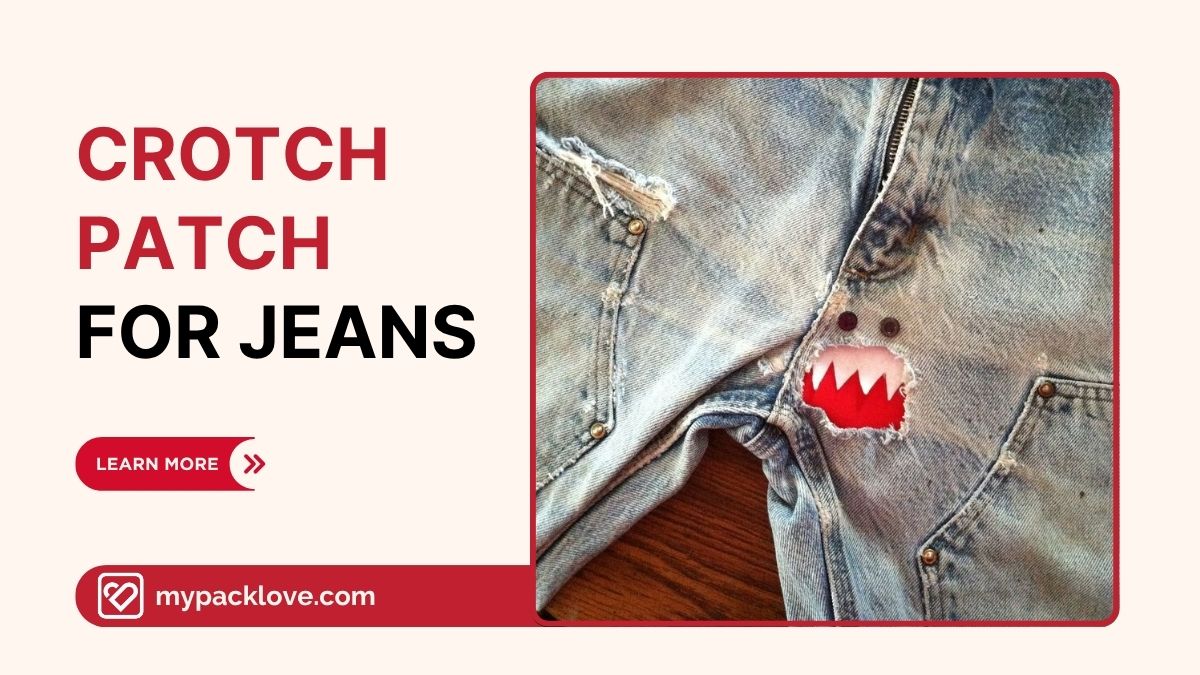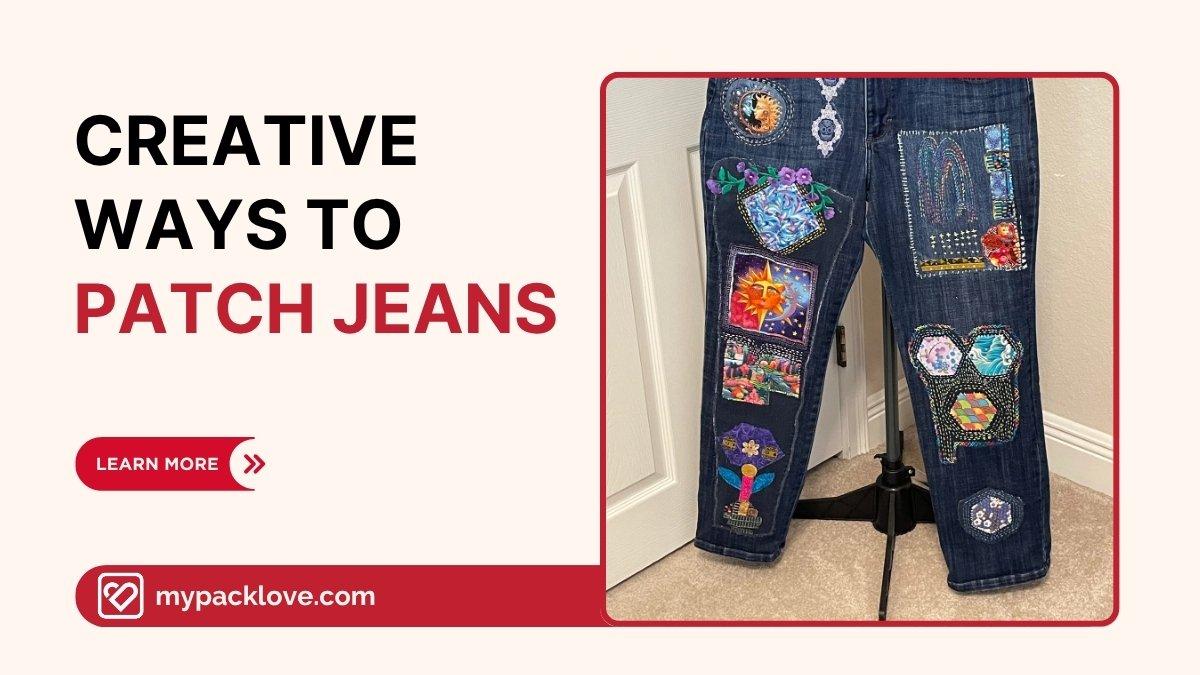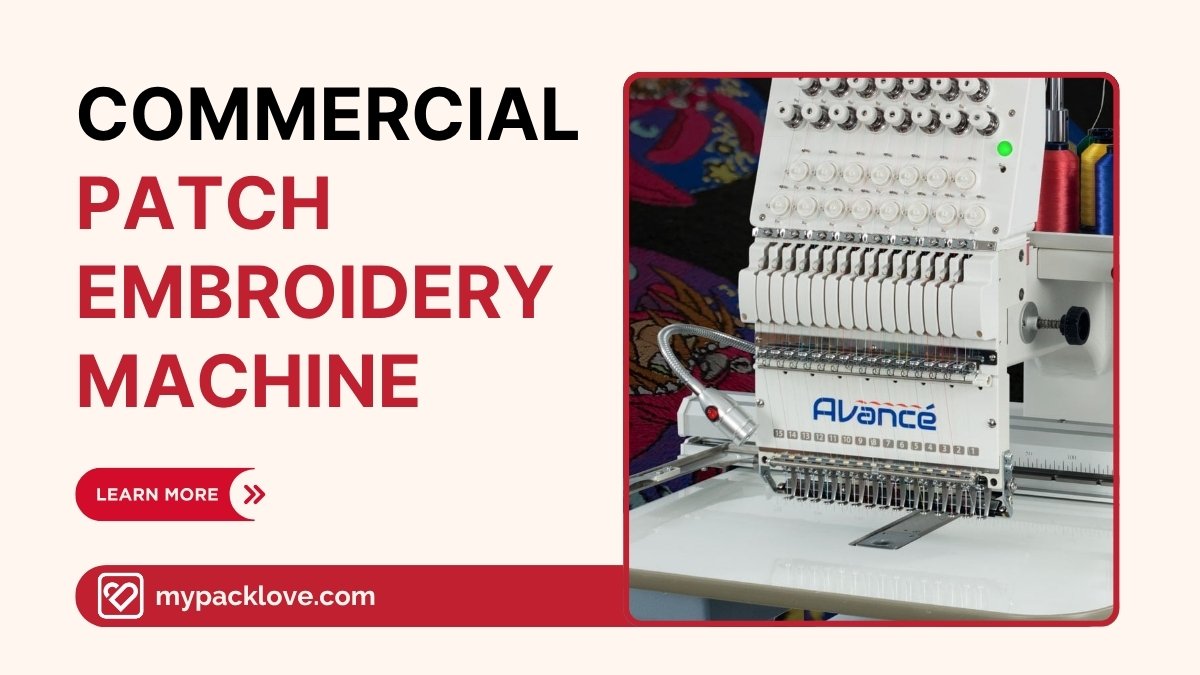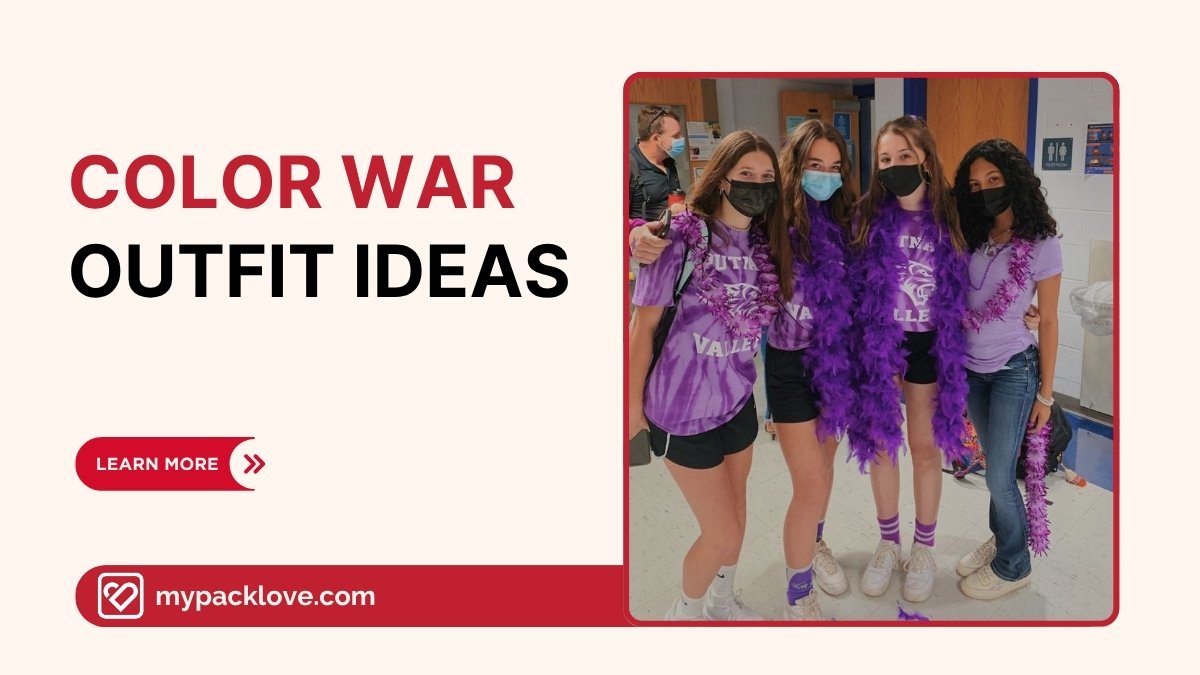What is Natural Fiber? Nature’s Threads: Types And Eco Uses
Ever wondered about the materials that make up so many things around us? Today, we’re going to learn about something called ‘natural fibers’. In simple terms, these are threads or materials that come directly from nature – like from plants or animals.
Understanding natural fibers is valuable because they are integral to many items we encounter daily. Think about your clothes, the bags you carry, and even the paper for drawing or writing. Plus, many natural fibers are good for our planet, which is super important! These eco-friendly materials are often sustainable.
1. What are natural fibers?
So, what are natural fibers? Imagine tiny, thin threads or strands. The most important thing to know is that natural fibers come directly from nature. Consider them as materials sourced directly from flora and fauna, distinct from synthetic fibers engineered in laboratories. This makes them different from ‘synthetic fibers‘ like polyester or nylon, which are man-made in factories.
Cotton and wool are natural; polyester is synthetic. We’ll mostly talk about the natural ones here! These earth-friendly threads originate from both plant and animal sources. So, natural fibers are nature’s own ready-to-use threads for making many things. Knowing the difference between natural and synthetic fibers is key, especially when considering them for branding.

1.1 Where do they come from?
Natural fibers come from nature. But where exactly? There are two main sources:
1. From plants: A lot of natural fibers grow from plants. These are called plant fibers. Plant fibers are mostly made of something called cellulose. Think of cellulose as the main building block of plants. You probably know some of these very well!
- Cotton: This is the soft, fluffy stuff that grows on the cotton plant.
- Linen: This comes from a plant called the flax plant. It’s used to make light, airy clothes.
- Jute: This is a strong, a bit rough, fiber from the jute plant. Often used for making strong bags.
- Wood (for paper): Yes, even trees give us fibers! When wood is processed, we get tiny fibers called wood pulp. This pulp is what we use to make paper.
2. From animals: Other natural fibers come from animals. These are called animal fibers. Here are some common ones:
- Wool: This warm, cozy fiber usually comes from sheep. But other animals like goats and llamas give us types of wool too!
- Silk: This very smooth and shiny fiber is made by amazing little creatures called silkworms. They spin it to make their cocoons.
1.2 Nature’s own threads for making things
So, as you can see, natural fibers are like nature’s very own special threads. Plants and animals give us these wonderful materials. People have used them for thousands of years to make all sorts of useful and beautiful things we use every day. The most important thing is: they start in nature, not in a lab.
2. What kinds of natural fibers do we use every day?
Let’s look a bit closer at some of the most common plant fibers. These are fibers that grow right out of the earth!
2.1 Plant fibers
Cotton
Cotton is probably the most famous plant fiber! It comes from the soft, fluffy ball that grows on the cotton plant. Cotton is known for being very soft, comfortable to wear, and it lets your skin breathe (this is called ‘breathable’). It also soaks up water well, like in towels.
You find cotton everywhere! It’s in your T-shirts, jeans, socks, towels, and soft bed sheets. Because it’s so soft and natural, it’s also a great material for making clothing labels, especially the woven labels (a label made by weaving threads together, like on clothing necklines) that are sewn inside clothes.
Given its qualities, cotton is an excellent material for branding elements. For instance, at Packlove, our Cotton Woven Labels are a popular choice for customers seeking a gentle-on-skin feel, which is perfect for baby clothes, t-shirts, or any clothing where comfort is key.
They also give a really nice, high-quality, natural feel to the brand. This makes Cotton Woven Labels an excellent and popular natural fiber option for clothing.
Linen
Linen is made from the stem of the flax plant. It’s a strong fiber. A cool thing about linen is that it actually gets softer the more you use and wash it! It’s very popular for clothes in warm weather because it feels cool, light, and is very breathable.
People love to wear linen shirts, pants, and dresses in the summer. It’s also used for things like tablecloths and nice kitchen towels.
Jute
Jute is another fiber that comes from the stem of a plant. It’s known for being very strong and tough, but it’s usually a bit rougher to the touch than cotton or linen. You often see it in its natural light brown color. Because it’s so strong, jute is often used to make sacks (like the ones for coffee beans or potatoes), reusable shopping bags, and strong ropes.
Wood Pulp (Used to Make Paper)
This might be a little surprising, but the paper we use every day starts as natural fibers from trees! Trees are harvested, and the wood is broken down into tiny fibers. These fibers are mixed with water to make a mush called wood pulp. This pulp is then pressed flat and dried to make paper.
One very common type of paper made from wood pulp is Kraft paper. ‘Kraft’ is a German word that means ‘strong,’ and Kraft paper is indeed very strong and durable. You often see it in its natural, unbleached brown color, but it can also be bleached white. It has a nice, slightly textured feel. This material, Kraft paper, is excellent for paper tags.
Kraft paper is used for so many things! Think about paper shopping bags, lunch bags, sturdy hang tags for products (like clothes tags), wrapping paper, and even cardboard boxes.
Packlove uses Kraft paper to make fantastic Hang Tags for all sorts of products. They are strong, they look great, and they give a wonderful natural, rustic, or eco-friendly look to a brand. Our customers love using Kraft tags for handmade items, organic products, or any brand that wants to show an earthy, quality image. We can print logos and information on them beautifully, often with black ink for a classic look, or even with white ink for a cool contrast on brown Kraft!
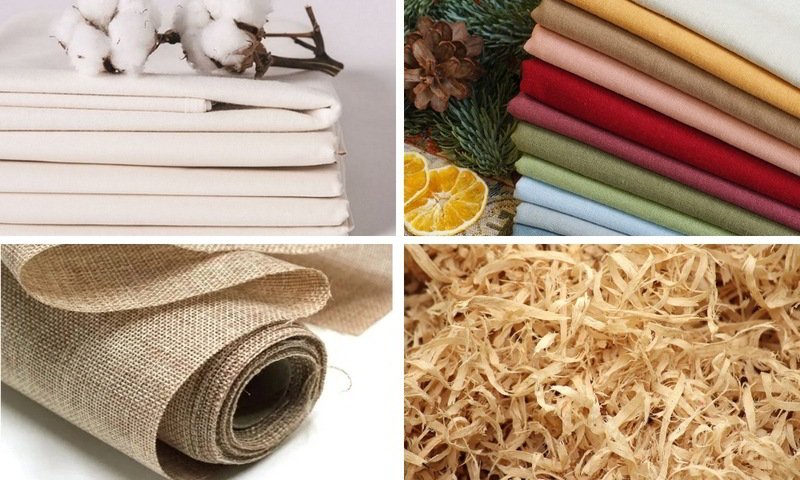
2.2 Animal fibers
Now, let’s talk about some natural fibers that come from our animals! These fibers also help us make many useful things.
Wool
Wool usually comes from the soft, fluffy coat of sheep. Other animals like goats (which give us cashmere and mohair) and llamas or alpacas also provide woolly fibers. Wool is famous for being very warm and cozy. The feel of wool can change – some wool is very soft, while other types can be a little bit scratchy, depending on the animal and how the wool is made into yarn.
We use wool to make things that keep us warm, like sweaters, coats, hats, scarves, blankets, and warm socks. It’s also used for carpets.
Silk
Silk is a very special and often expensive natural fiber. It is made by silkworms, which are actually the caterpillars of a type of moth. The silkworm spins a very long, fine thread to make its cocoon. Silk is known for being incredibly smooth, shiny, lightweight, and strong for how thin it is. It feels very luxurious.
Because it looks and feels so beautiful, silk is often used to make fancy clothes like dresses, blouses, and shirts, as well as elegant scarves, ties, and luxurious bed sheets.
2.3 Why does Packlove prefer natural fibers for branding?
At Packlove, we are big fans of using plant-based natural fibers for some of our key branding products because they offer so many great qualities.
For example, as we mentioned, we use soft, natural cotton to make our Woven Labels. These are fantastic for clothing brands because they feel comfortable on the skin and give a premium, gentle touch. And our Kraft Paper Hang Tags, made from wood fibers, are super popular. They are strong and give products a wonderful natural, earthy, or even rustic look that many brands and customers love.
Choosing these natural fiber options can really help your brand create a special feeling – whether it’s natural, eco-conscious, high-quality, or charmingly rustic.
3. Why choose natural fibers?
3.1 Kind to our planet
One of the biggest reasons natural fibers are great is that many of them are biodegradable. What does ‘biodegradable’ mean? It simply means that when these fibers are no longer needed and end up in the soil or compost, tiny living things like bacteria and fungi can break them down naturally.
They turn back into simple substances that become part of the earth again. This is wonderful because they don’t leave behind harmful pollution for a long, long time, like many plastics do.
Another good thing is that most natural fibers come from renewable resources. ‘Renewable’ means we can get more of them, or they can grow again. For example, we can plant and grow more cotton plants or trees (for paper) each year.
As long as we farm and manage these resources carefully and sustainably (meaning in a way that doesn’t harm the Earth for the future), we can have a continuous supply.
So, if you want to make choices that are kinder to our planet, choosing products made from natural fibers is often a very good step!
At Packlove, we notice that many of our customers who choose Kraft Paper Hang Tags or inquire about cotton labels are specifically looking for these biodegradable and renewable qualities. They want their brand packaging to reflect their care for the environment.
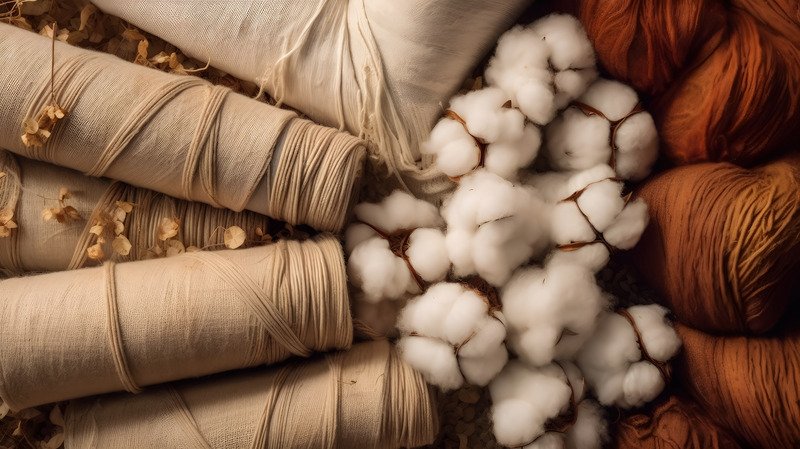
3.2 How they feel
Many natural fibers just feel really nice! Think about how soft your favorite cotton T-shirt is, or how smooth a nice linen sheet feels against your skin. They are often very gentle and comfortable to wear or touch.
A really important quality, especially for clothes, is that many natural fibers like cotton and linen are breathable. This means they let air pass through them easily. This helps to keep you feeling cool and comfortable, and not too sweaty, especially when it’s warm outside. This is often different from some synthetic (man-made) fibers that can sometimes trap heat and moisture.
When we help brands design Cotton Woven Labels at Packlove, a big reason they choose cotton is precisely this comfort factor. They know their customers will appreciate a label that doesn’t scratch and feels good, especially for items worn close to the skin like underwear, baby clothes, or luxury apparel.
3.3 They look nice!
Natural fibers often have a special, appealing look and feel that many people really like. Think about the natural, slightly rough texture of linen, the warm, earthy look of brown Kraft paper, or the simple, clean appearance of cotton. They have a kind of natural beauty.
Using products or packaging made from natural fibers can make a brand look more special, high-quality, authentic, or eco-conscious. It can tell a story about the brand’s values.
At Packlove, we’ve seen how using Kraft Paper Hang Tags can instantly give a product a handmade, organic, or rustic charm. Similarly, Cotton Woven Labels can add a touch of understated elegance and quality. These choices help brands connect with customers who appreciate these looks and values.
3.4 Are natural fibers a good choice for the Earth?
So, after hearing all this, you might ask again: are natural fibers always a good choice for our planet Earth? Often, yes, they are a much more Earth-friendly choice compared to many synthetic materials, especially plastics that don’t break down.
They are an especially good choice if the plants they come from (like cotton, or trees for paper) are farmed and harvested in a responsible and sustainable way. For example, ‘organic cotton’ is grown without a lot of harmful chemical pesticides.
And paper that comes from forests that are managed well (sometimes you see labels like ‘FSC certified,’ which means the wood is from responsible sources) is better for the environment than paper from poorly managed forests.
4. Natural fibers in your packaging and labels
Now let’s look at how these wonderful natural fibers are used in the real world, especially in packaging and labels that businesses use for their products. This is something Packlove knows a lot about!
Paper Hang Tags
Many hang tags – those little cardboard-like tags that hang off clothes, gifts, or other items – are made from paper. And remember, paper comes from natural wood fibers!
Kraft paper is a very, very popular choice for hang tags. Why? Because it’s strong and durable, it has that lovely natural, earthy look (especially the brown kind), and it’s great for printing on. Plus, it just feels nice and substantial.
Brands use these Kraft paper tags to show their logo, the product name, the price, washing instructions, or a special message to their customers. A big bonus is that most paper hang tags, especially those like Kraft paper that doesn’t have a shiny plastic coating, can be recycled after use.
At Packlove we create a lot of custom Kraft Paper Hang Tags for all sorts of businesses. We can print them with different colored inks (black on brown Kraft looks very classic and stylish!), cut them into many shapes (squares, circles, rectangles, even custom shapes using a specialized tool called a die-cut!), and add features like pre-punched holes for strings.
Our customers use them for clothing, handmade jewelry, soaps, candles, food items, and so much more because they add a really nice, high-quality, and often eco-friendly touch to their branding. We can advise on the best thickness of Kraft paper (often measured in GSM (Grams per Square Meter – a measure of paper weight and thickness)) for different needs – a thicker tag feels more premium, for example.
Cotton Labels
Think about the soft labels inside your clothes – the ones that tell you the brand name or how to wash the item. Many of these can be made from cotton! These are often Woven Labels, where the design (like a logo or text) is actually woven right into the fabric of the label itself.
Sometimes, designs are printed onto flat cotton material to make printed cotton labels too.
Why choose cotton for labels? Because cotton labels are usually very soft, they are durable (they last through many washes), and they feel comfortable against your skin. Nobody likes a scratchy label irritating their neck! For an even more eco-conscious choice, Packlove can also produce Cotton Woven Labels from certified organic cotton, which is grown without harmful pesticides and chemicals.
Cotton labels are perfect for brands that want to give a gentle, natural, high-quality, or even a slightly vintage feel to their clothing, baby items, or other textile products.
Packlove specializes in creating beautiful, custom Cotton Woven Labels. We can weave even detailed logos and text with precision. We often recommend cotton labels to clients who have baby clothing lines, organic apparel, high-end t-shirts, or any brand that really wants to emphasize comfort and natural materials.
We can offer different types of cotton weaves, like a smooth ‘damask’ weave for fine details. We also offer natural, unbleached cotton for a very organic look, or bleached white cotton for a cleaner look. We can guide customers on what will look best with their design.
4.2 For bags
Natural fibers aren’t just for tags and labels; they’re also fantastic for making different kinds of bags!
Kraft Paper Bags
You see simple Kraft paper bags everywhere – from grocery stores and bakeries to clothing boutiques and take-out food spots. They are made from strong wood pulp paper, are great for carrying purchases, and are often used for gift bags too. A big plus is that most plain Kraft paper bags are recyclable, making them a better choice than plastic bags for many situations.
Many businesses, from small shops to larger stores, get these types of paper bags printed with their own logo and branding. It’s a great way to make their packaging look professional and act as a walking advertisement. Packlove can also help with custom printed paper bags for your brand.
Jute or Cotton Bags
Think about those sturdy reusable shopping bags or tote bags that many people carry now. A lot of these are made from natural fibers like jute or cotton canvas. These bags are known for being very strong, durable, and you can use them over and over again for your groceries, books, or everyday items.
Using these reusable jute or cotton bags is a fantastic way to reduce the need for single-use plastic bags, which helps protect our environment from plastic pollution.
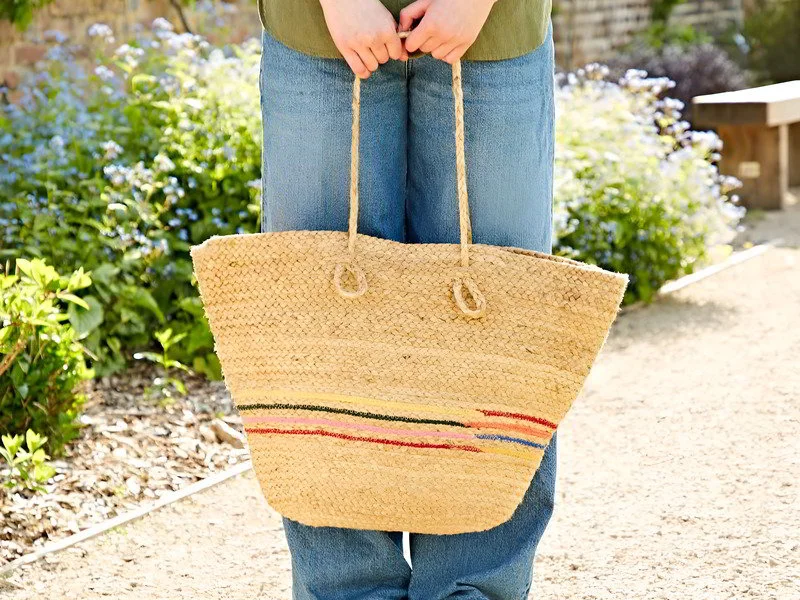
4.3 Why use natural fibers for your brand’s look?
When your brand chooses to use natural fibers for its packaging, like Kraft paper tags or cotton labels, it sends a powerful message. It tells your customers that your brand cares about the environment and is committed to sustainability.
Natural fiber packaging can also help create a very specific look and feel for your products. It can make them appear more:
- Friendly and approachable
- Natural and organic
- Earthy and rustic
- Simple, classic, and premium
- Handmade or artisanal
This distinct aesthetic can help your brand connect more deeply with customers who value these qualities. People who are looking for authentic, thoughtfully made, or eco-conscious products are often drawn to brands that use natural materials in their presentation.
At Packlove, we’ve seen firsthand how a simple switch – for example, from a synthetic label to a soft cotton label, or from a plastic tag to a Kraft paper tag – can really elevate a brand’s image. It often makes the product feel more special and considered. It’s a small detail, but it can make a big difference in how customers perceive the quality and values of your brand.
So, if you’re thinking about ways to make your brand stand out, show you care about quality and the planet, and create a really appealing product presentation, then exploring natural fiber options is a wonderful idea.
Products like Packlove’s custom cotton woven labels or our versatile and popular Kraft paper hang tags are excellent starting points. They are eco-friendlier than many alternatives, they look fantastic, and they can add real value to your brand.
The team at Packlove is passionate about helping brands like yours! We can work closely with you to design and create the perfect natural material labels or tags that truly reflect your brand’s unique style and message.
5. Got questions? Quick answers!
What does “biodegradable” mean?
‘Biodegradable’ means that something can break down naturally into tiny pieces. Little living things in the environment, like bacteria or fungi (the stuff that makes mold), can ‘eat’ it or decompose it over time. When it biodegrades, it turns back into simple, natural stuff like water, carbon dioxide, and organic material that becomes part of the soil.
It doesn’t leave harmful plastic bits behind for hundreds of years. Think of an apple core you drop in the garden – it biodegrades and disappears back into the earth!
Are natural fibers always better than man-made (synthetic) fibers?
That’s a good question! They are just different, and each type has its own good points. Natural fibers are often great because many are biodegradable and come from renewable resources, which is good for the Earth and often feels nice. Man-made fibers (like nylon or polyester, which are in things like activewear or raincoats) can be made to be very strong, super stretchy, or waterproof in ways that natural fibers might not be.
So, the ‘best’ choice really depends on what you need the fiber to do! For everyday comfort and being kind to the planet, natural fibers are often a fantastic choice. For some special jobs, like needing something totally waterproof, a synthetic fiber might be designed for that.
Can you print on natural fiber labels like cotton or paper?
Yes, absolutely! Printing works very well on many natural fiber materials. Paper, like the Kraft paper we use for hang tags at Packlove, is designed for printing, so you can get clear logos, text, and designs. Cotton fabric can also be printed on to create printed cotton labels. This is a great way to get detailed images or many colors on a soft, natural label.
We have a lot of experience printing beautiful designs on our Kraft Paper Hang Tags. We can also offer Printed Cotton Labels if a woven design isn’t what you need. Just ask us about the options!
How do I wash clothes with natural fiber labels (like cotton labels)?
That’s a practical question! Usually, clothes with natural fiber labels, like cotton woven labels, can be washed just like the main garment they are attached to. Cotton labels are generally quite durable and can handle normal washing machine cycles with warm or cold water. It’s always best to read the main care label on the clothing item itself – that label will give you the most accurate washing instructions for the entire garment, including any special labels.
Where do natural fibers come from again?
To recap briefly, natural fibers come directly from nature. The two main places are:
- From plants: Like cotton (from the cotton plant), linen (from the flax plant), jute (from the jute plant), and wood (from trees, which is used to make paper).
- From animals: Like wool (from sheep), and silk (from silkworms).
Explore more:
- Cardstock guide: Quality apparel hang tags
- Custom hang tag design: Create unique tags for your brand
- Swing tags: Elevate your clothing brand image
Essentially, natural fibers from plants and animals are a smart and eco-friendly choice. Being biodegradable and sustainable, they demonstrate a commitment to both quality and the planet. Choosing natural fibers for your products, from apparel to labels, not only enhances your brand’s value but also showcases your environmental responsibility.
If you’re inspired to use sustainable branding options like custom cotton woven labels or Kraft paper hang tags, contact Packlove today for a friendly consultation and a personalized quote.

